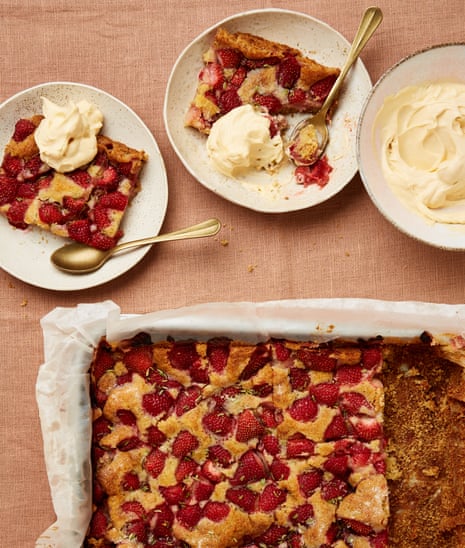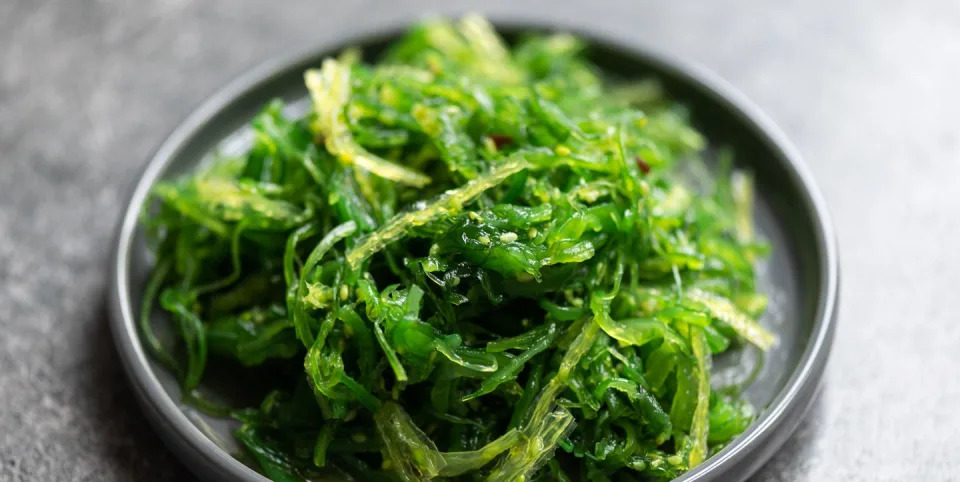From sweetyhigh.com
Whether you've recently gone plant-based (and are already sick of having to deal with the classic "but where do you get your protein?" question) or gave up animal products years ago and just want to start focusing more on your overall health, figuring out how to stay healthy on a vegan diet is important—and the sooner you can figure it out, the better.
Thankfully, we've put together some insider tips on how to do just that in a way that feels easy and natural. Granted, we're no professionals, but we do have some science-backed advice that you'll hopefully find helpful.
Eat the Rainbow
No, we aren't talking about a bag of your favourite rainbow-coloured candy. Eating a "colourful" diet should be about incorporating a diverse range of (preferably whole) foods, mainly fruits and vegetables. What gives these foods their vibrant hues is often also what makes them so good for you, as they're known for being packed with vitamins and minerals that are essential to your health.
If getting in your fruits and veg is something you've struggled with before, try to start small by sneaking in some spinach to your stir fry or even your smoothie, throwing in some cauliflower rice with your regular rice or just chopping your veggies so small you'll barely notice they're there.

(via Shutterstock)
Focus on Nutrient Dense Over Low Calorie
A lot of people go vegan for great reasons (like the reduced impact on the climate and ethical reasons), but some also do it as a way to lose weight. However, eating a balanced diet on a vegan diet can be more difficult, especially if you're focused on restricting your calorie intake rather than on getting the right nutrients your body needs. That's where "nutrient-dense" foods and meals come into play, as they pack a punch of health benefits and keep you more satisfied for longer.
Prepare to Pack in Protein
While we hate to admit this, sometimes the sceptics are right when it comes to criticizing how vegans get the right amount of protein. However, that doesn't mean it's impossible (or even necessarily difficult) to get your protein intake covered on a plant-based diet—it just takes a bit of extra planning. Some super simple sources include protein powders (like these tasty ones from fitppl and Ora Organic) as well as vegan protein bars. If you want to get more creative, though, you can also add in protein-packed pasta substitutes (like Banza) and even swaps for your favourite snacks (like Hippeas).

(via Unsplash)
Know Which Other Nutrients You Might Need to Supplement
Other than just protein, vegans can often be low in a few key vitamins and minerals that those who consume animal products don't struggle with as often. Iron and vitamin B12 are common examples, as iron-dense foods like meat are off the table and B12 is hard to find in non-animal sources. You can always find a vitamin that works, but it's usually better to consume foods that are rich in these nutrients. Thankfully, you'll find that spinach is packed with iron (as well as many other plant-based foods) and that B12 is naturally in nutritional yeast (a popular vegan alternative to parmesan cheese).
Don't Just Skip to the Junk Foods
Just because you found out that Oreos are vegan (and so are a ton of Taco Bell options) doesn't mean that you should eat only those foods. Sure, you're always allowed to treat yourself and it's great to know that the options are there in a pinch, but try to follow all the other advice on this list if you want to actually focus on improving and maintaining your health.
Make Your Meals Taste Amazing
At the end of the day, you're probably not going to want to eat healthy if that healthy food doesn't taste good to you. So, do what you can to keep your meals healthy and well-balanced while also making sure they are as exciting to your appetite. From bowls of delicious pasta that's full of extra veggies to burrito bowls that rival your favourite fast food chain, you don't need to be consuming sad salads for every meal even when you're fully vegan.

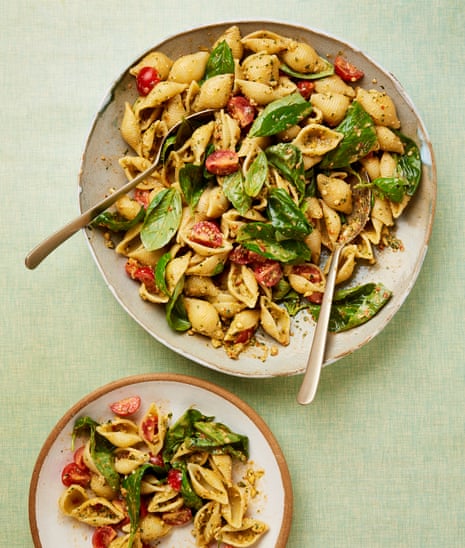
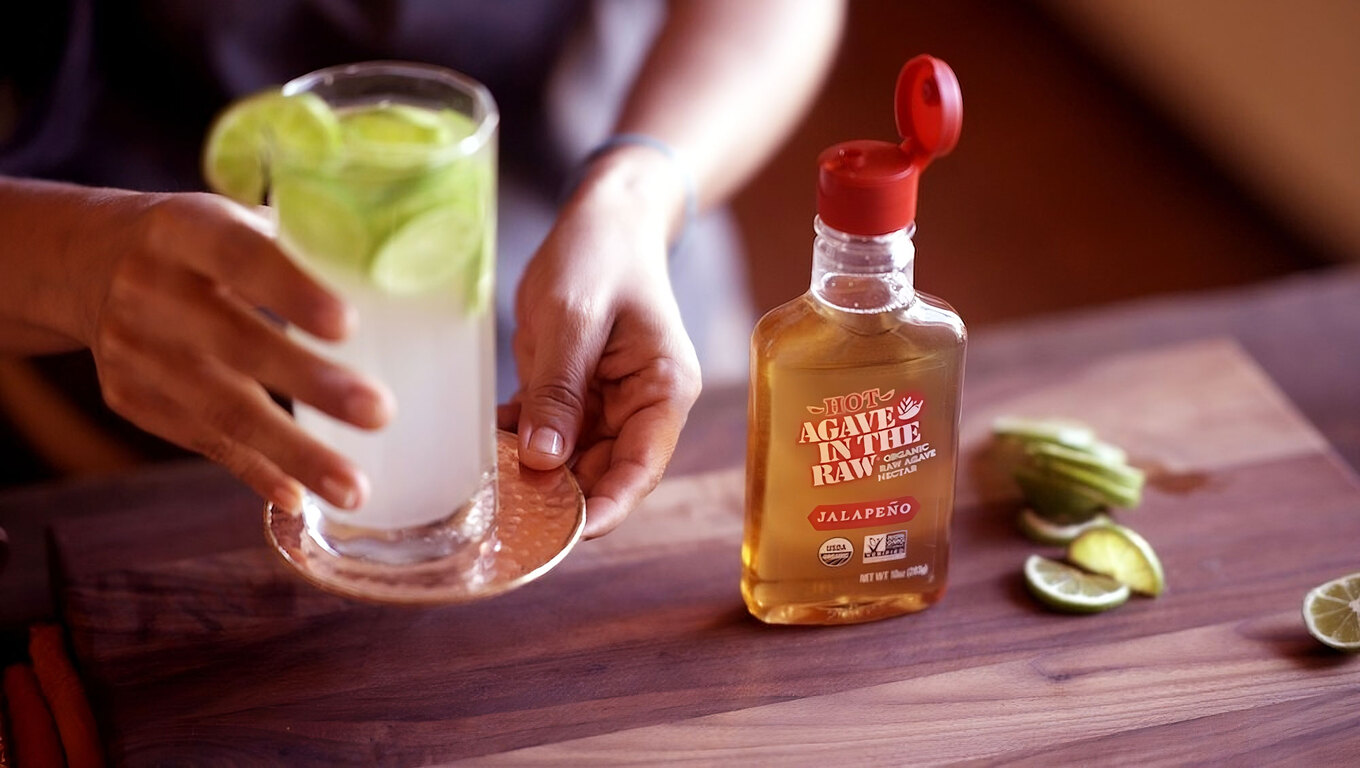 In the Raw
In the Raw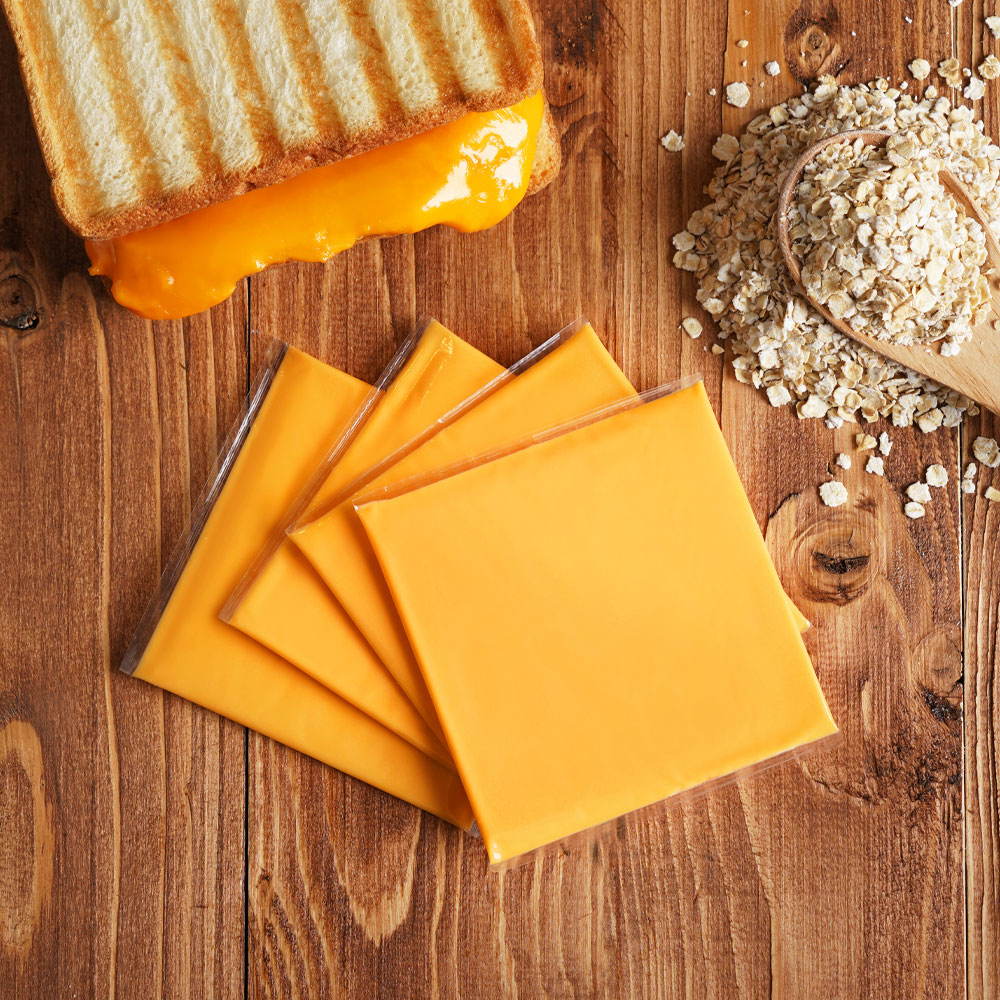 Armored Fresh
Armored Fresh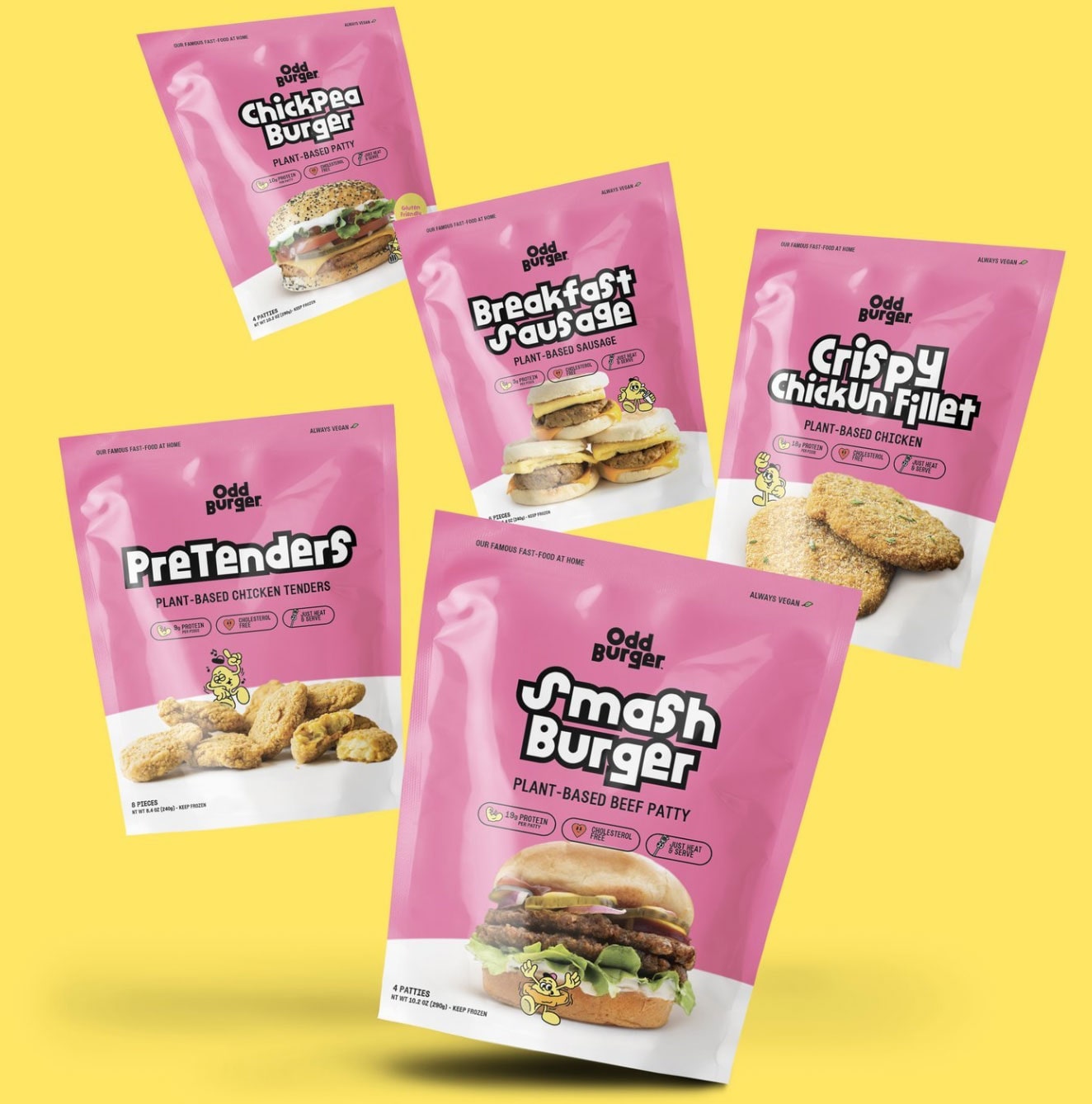 Odd Burger
Odd Burger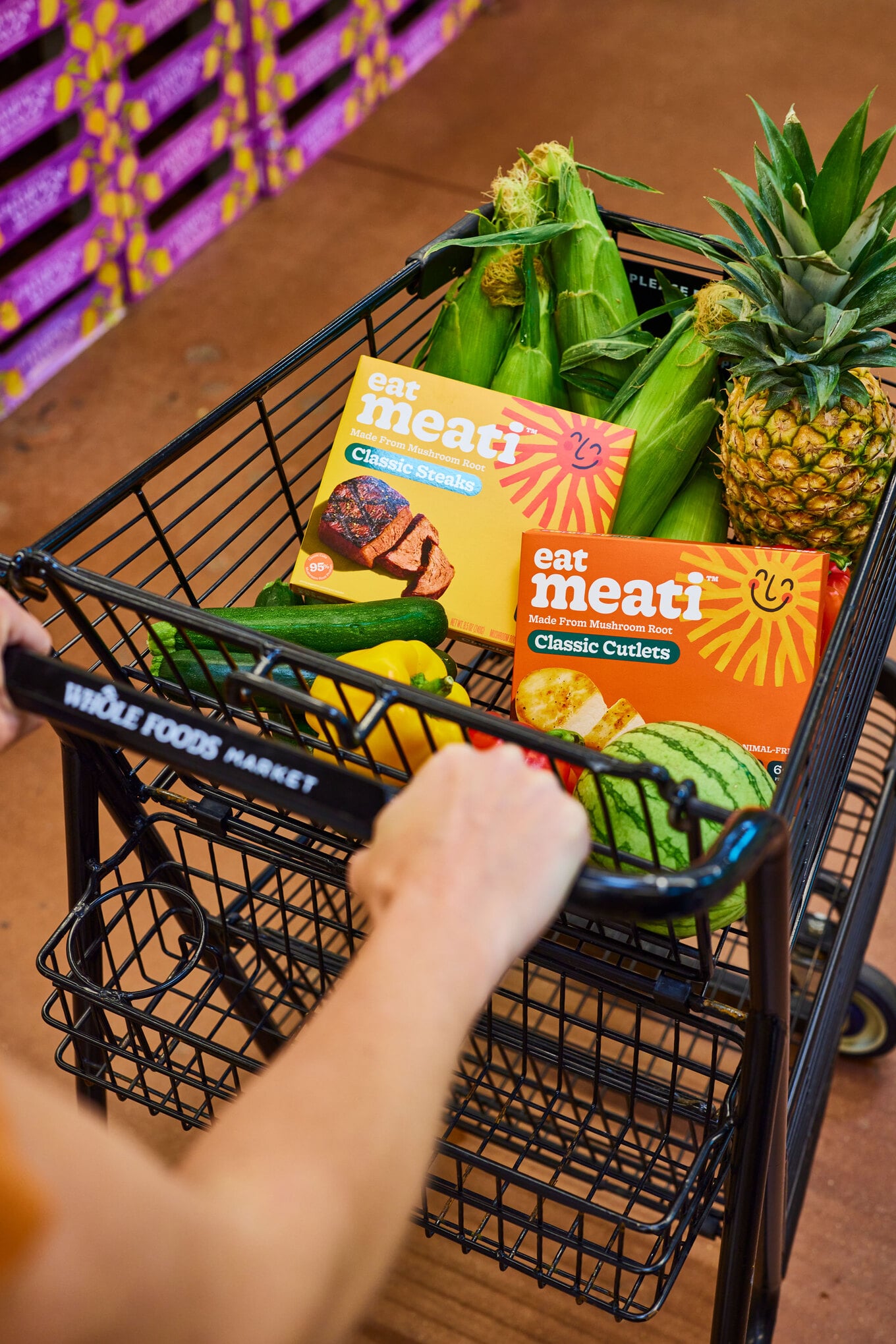 Meati
Meati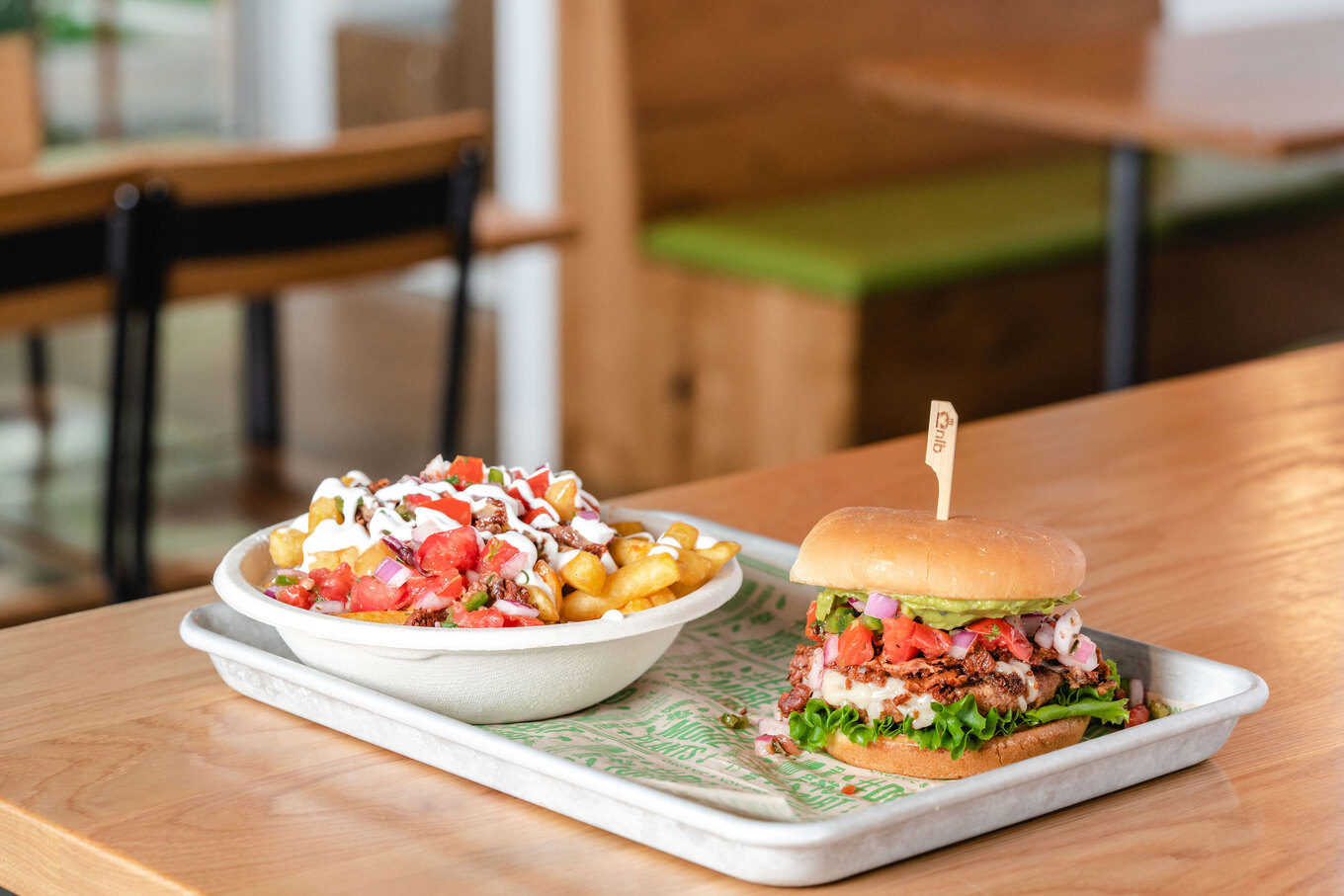 Next Level Burger
Next Level Burger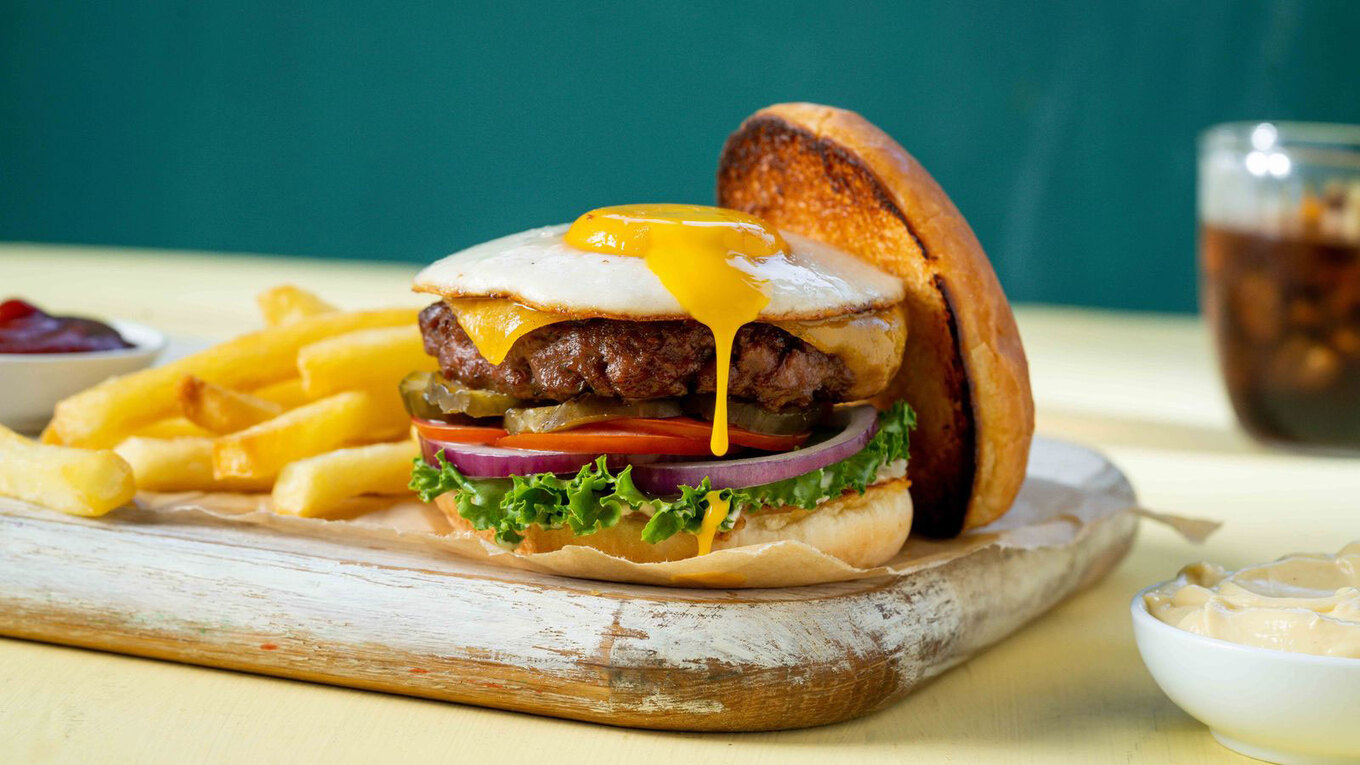 YoEgg
YoEgg